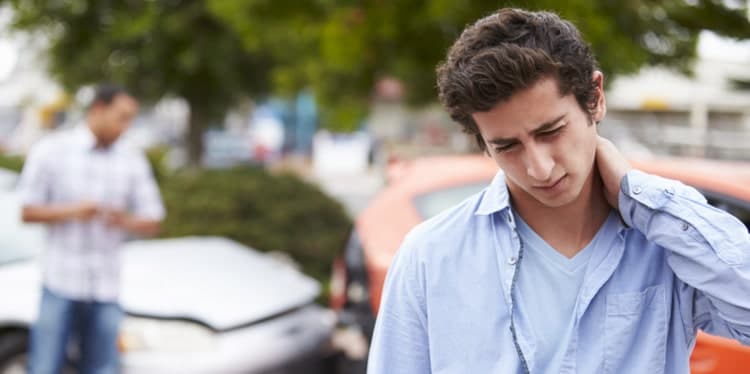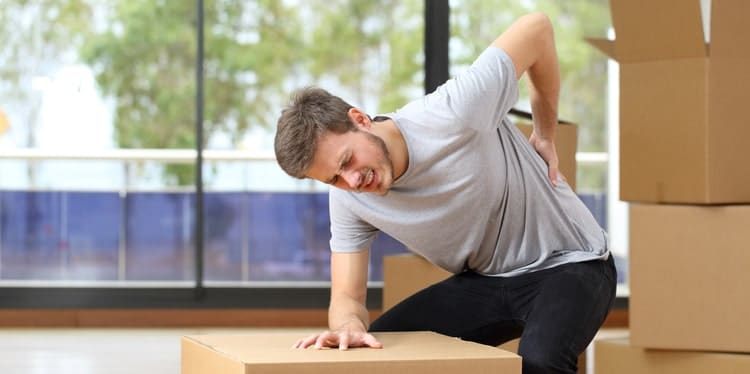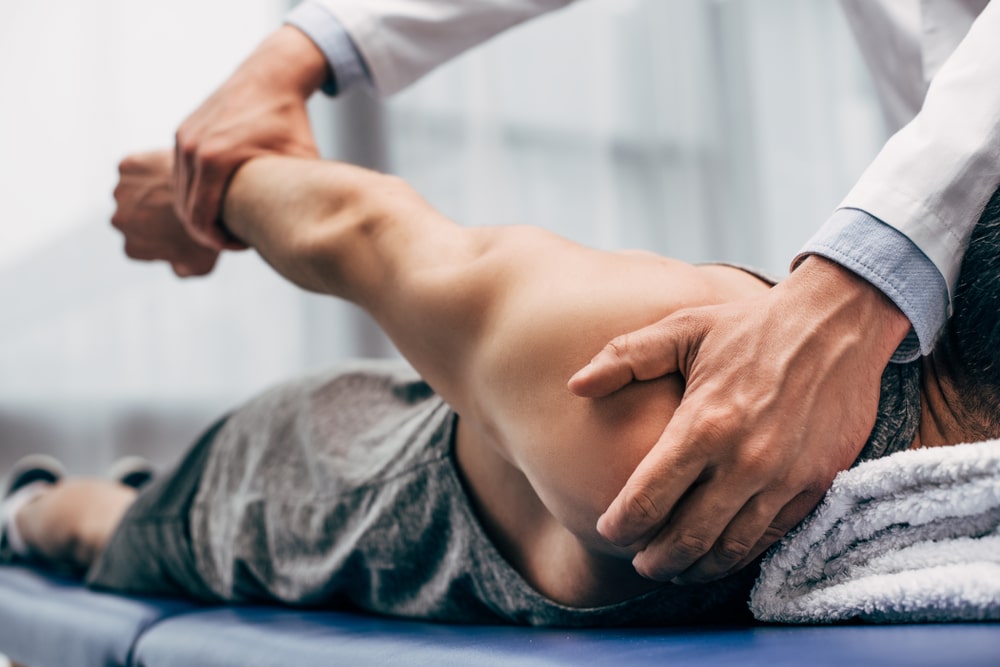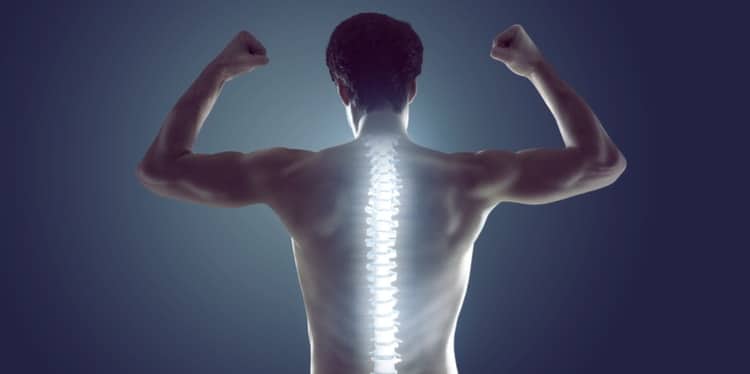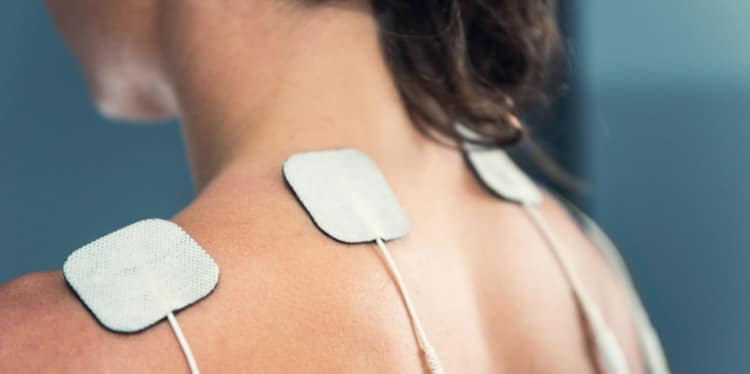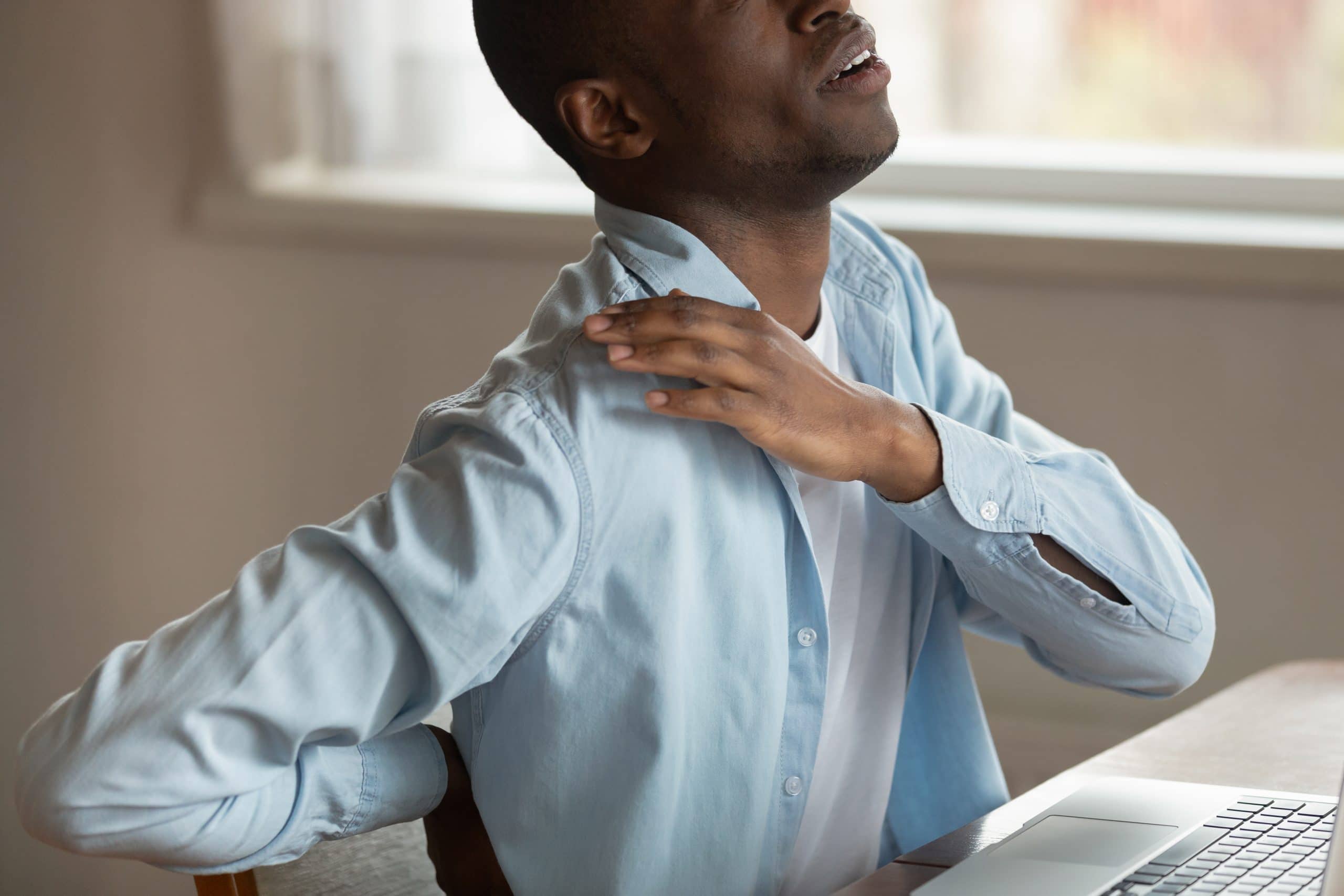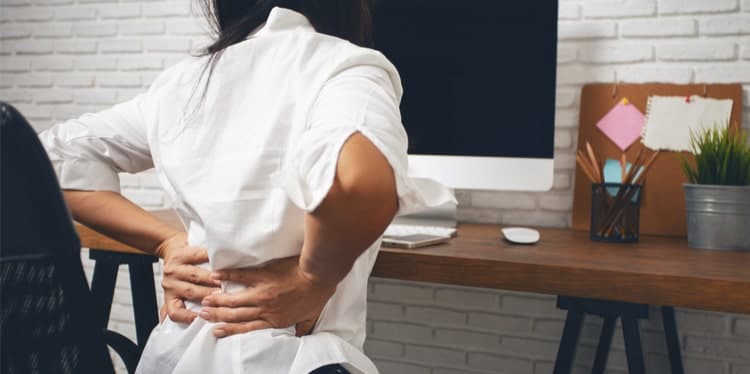An auto accident can be a physically and emotionally traumatic experience, causing painful injuries that can have lifelong side effects. As the shock of a crash wears off, we begin to feel the ache of torn muscles and ligaments, whiplash, and deep bruising. That's where a car accident chiropractor comes in.
A chiropractor can order medical image testing, such as x-rays and MRIs, to get a detailed view of any present injuries. At ChiroCare of Florida, our auto injury chiropractors will work with you to formulate an effective treatment plan that will alleviate pain and promote healing. If you've recently suffered injuries in an auto accident, here are 10 reasons why seeing a car accident chiropractor is your best option for pain relief.
1. Non-Invasive Treatment
After the trauma of a wreck, the last thing you want is invasive procedures and probes. When you're looking for pain relief, it shouldn't need to come in the form of needles and surgery. Chiropractic is a non-invasive treatment option that alleviates pain, reduces inflammation, and promotes healing through targeted manual adjustments and soothing therapies.
2. Natural, Drug-Free Treatment
Pain medications prescribed after an auto accident mask pain symptoms as opposed to treating them. Not to mention, they also contain many harmful chemical compounds. These synthetic ingredients carry subsequent side effects that greatly impact your quality of life, from headaches and digestive issues, to substance abuse.
With a rise in opioid use and overdose, the use of prescription pain medication is not only dangerous, but it also leaves those earnestly seeking relief from back pain at risk. At ChiroCare of Florida, our car accident chiropractors have seen the harmful effects prescription pain medications have had on the South Florida community. We are passionate about providing an all-natural, effective, and healthy pain solution to aid car accident victims without pumping them with drugs.
3. Treat Injury at The Source
While pain medications and a variety of other therapies mask pain symptoms, they do not actually treat them, nor do they target them at the source. Chiropractic is a trusted method of pain relief that uses a focused approach to treatment. Beginning with medical imaging, a car accident chiropractor will also conduct a physical examination to determine the source of your pain. A treatment plan will then be crafted to specifically treat pain at the root.
4. Treat Delayed Injury Symptoms
In addition to the rush of adrenaline that follows an auto accident, our brains may also go into protection-mode. This means that we can become numb to the injuries we've suffered. This is especially true with whiplash injuries, in which symptoms may not present themselves for 24 to 48 hours after the accident.
Visiting an auto injury chiropractor ensures that all injuries, regardless of the presence of symptoms, will be assessed, identified, and treated straight away.
5. Restore Balance
The impact of an auto accident can rattle us to the core, displacing the key bones that make up our structural core - the spine. Injuries to the neck, such as whiplash, can cause dizziness and even tinnitus. In extreme car accidents, these injuries impact our sense of balance.
Chiropractic is a safe and effective method of removing the blockages that could be causing these side effects, helping to restore balance.
6. Battling Inflammation
Suffering a back or neck injury in a car crash leads to inflammation in the body. Inflammation occurs both at the site of damage as well as areas experiencing the compression or radiating effects of the injury. An auto accident chiropractor uses a variety of techniques to battle this inflammation, improving blood flow and aiding the healing process.
Inflammation reducing treatments include:
7. Regain Range of Motion
After an injury, muscles or ligaments can be torn or held in tension, shortening their length. When paired with pain and discomfort in the body, our range of motion can be greatly impacted. Car accident chiropractors realign the spine and alleviate inflammation, allowing soft tissue to release tension. Using gentle therapies, chiropractors re-stretch muscles and ligaments, allowing range of motion to return to normal.
8. Reduce Scar Tissue
Following any type of injury to the soft tissue, scar tissue will develop. This is especially true in the case of car accidents, in which tissue can completely tear. Once damage has healed, the resulting scar tissue features an excess amount of collagen. The excess amounts of collagen make it tough, inflexible, and generally painful.
At ChiroCare of Florida, our car accident chiropractors utilize the patented Graston Technique to identify and break apart scar tissue. This technique not only reduces scar tissue, but further helps expand range of motion for car accident victims.
9. Avoid Chronic Pain
When left untreated, pain from auto injuries can become chronic. This results in high financial and emotional tolls, in which pain can sideline you from many of life's activities. When you visit an auto injury chiropractor you may be able to prevent minor injuries from becoming serious, long-term conditions.
10. Aid Your Accident Claim
If you were injured in an accident that was of limited to no fault of your own, you have the right to file an accident claim. Seeing a trusted chiropractor after your accident allows a qualified medical professional to document all of your injuries and write a report which you can then use to your benefit. If you've been injured due to someone else's negligence, you have rights to medical treatment under Florida law.
The effects of an auto accident can gravely impact a victim. Regain control today. Alleviate pain and inflammation and begin walking the path to wellness. Contact ChiroCare of Florida today.

